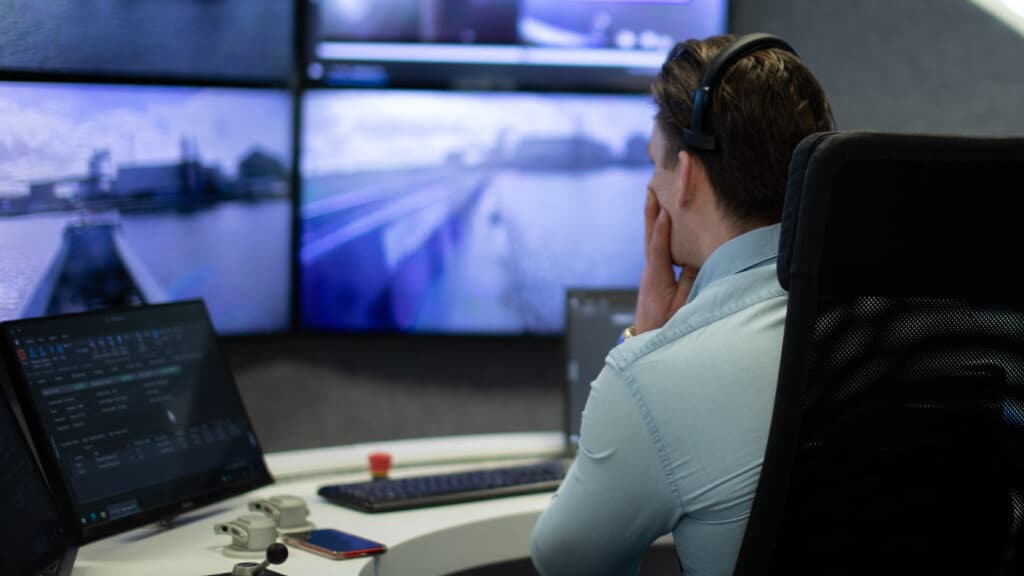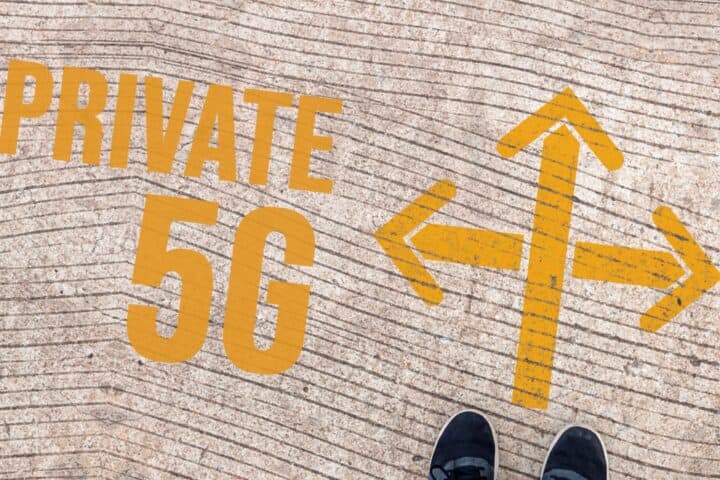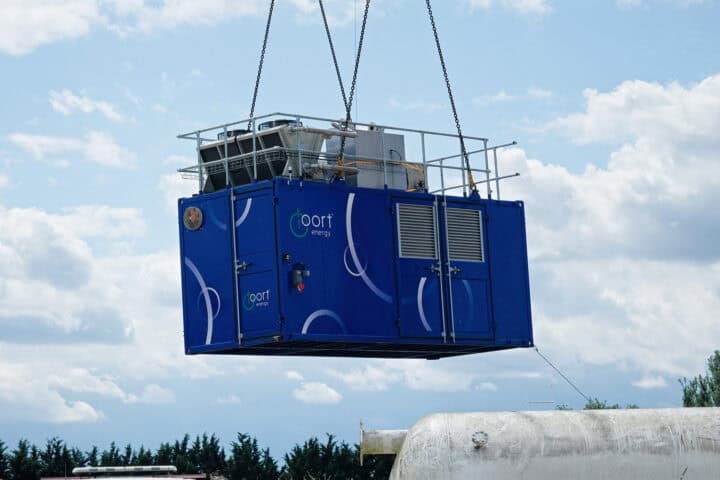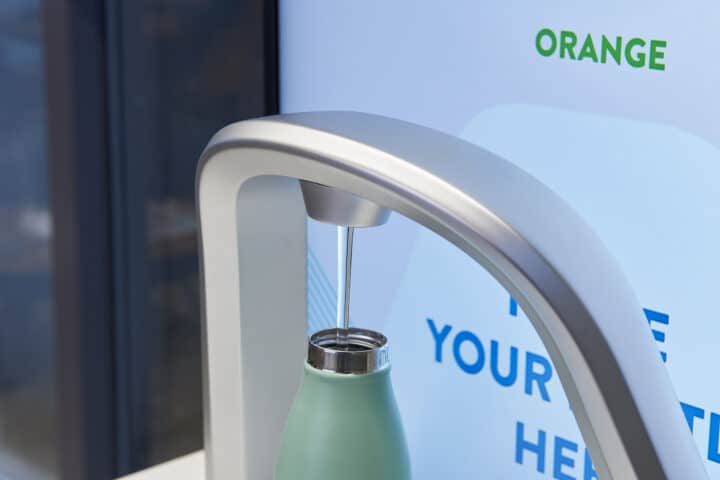Explore the collaborative effort between Liberty Global and Nokia to enhance enterprise applications at the Port of Antwerp through a novel 5G network infrastructure. Discover how developers can utilize Telenet’s 5G network in Belgium via Liberty Global’s APIs and SDKs, facilitated by Nokia’s platform. Understand the practical implementation of the GSMA’s Open Gateway initiative, aiming to standardize API usage in standalone 5G networks for innovation. Learn about the trial’s integration of machine learning, video streams, and geofences to optimize shipping operations. Uncover the flexibility and control offered by Liberty Global’s network-as-a-service (NaaS) initiative. Join us as we delve into the convergence of 5G, cloud computing, and AI, shaping the future of enterprise applications at the Port of Antwerp.

Unlocking 5G Network for Port of Antwerp Enterprise Applications
In order to provide fresh enterprise applications for the Port of Antwerp, Liberty Global and Nokia are collaborating to make the common 5G network of their Belgian subsidiary available to developers. Developers can access network functionality and data in Telenet’s 5G network by using application programming interfaces ( APIs ) and software development kits ( SDKs ), which are owned by Liberty Global. Through a tier-up with Liberty Global, Nokia is providing the tools for them to accomplish this.
The project is a “real-life implementation” of the GSMA’s Open Gateway initiative, which was started last year to standardize APIs in standalone 5G (5G SA ) networks in order to hasten innovation. The API and SDK access to Telenet’s network in Belgium is made possible by the network-as-code platform from Nokia ( Network as Code Platform ) and developer portal. According to a statement,” this enables developers to create new applications for use cases they can sell to their customers.”
The trial taking place at the Port of Antwerp is a component of Liberty Global’s network as-a-service ( NaaS ) initiative. The Flemish smart port tests have even included shipping company Seafar and nanoelectronics hubImec. These have especially provided remote ship captains with high-definition video streams, assisting them in maneuvering shipping vessels through congested areas. They stated that the setup needed “real-time data, ultra-low overhead, and zero-touch automation.”
It used machine learning algorithms to provide” contextual awareness” and cameras and sensors on the boats to establish “dynamic geofences.” Along with the Nokia inputs, the trial also made use of Seafar’s” shore control center” to guarantee network reliability, availability, and overhead, which current corporate networks do not offer, as well as Imecs edge application middleware to “bridge the gap between the vessels real-time requirements and the 5G network.”
Revolutionizing Maritime Operations
According to a statement, network capacity was immediately prioritized to ensure high-quality live video feeds as vessels approached areas that required increased contextual awareness. As a result, Seafar’s captains were able to maneuver their ships carefully through these regions without having to slow down or wait while loading and unloading, which increased productivity and cut down on fuel use. Additionally, it made it possible for them to work on several vessels at once.
According to the empty source CAMARA project within the Linux Foundation, the NaaS solution from Liberty Global” creates an ecosystem” on Imec’s apps using standardized APIs. This avoids the need for specialized wireless infrastructure while allowing for the efficient and dependable use of network resources on demand. Customers simply pay for what they need and gain detailed control and maximum flexibility by utilizing a 5G SA network that is built in the cloud.
“This expands the possibilities of providing developers at the Port of Antwerp with reduced network capabilities that can be used to create new applications for their customers, according to Shkumbin Hamiti, head of network monetization at Nokia’s cloud and network services unit. We are eager to continue working with Liberty Global and fulfill our corporate commitment to take advantage of the port’s larger B2B digitalization ecosystem.
This trial makes use of 5G SA, cloud and edge computing, and AI-driven computer vision applications, according to Madalina Suceveanu, managing director for smart and cloud at Liberty Global. 5G has the potential to bring about improvements for businesses and consumers that were never previously possible. We will have access to a sizable undiscovered market thanks to the framework we created with Nokia, and we will be able to create even more use cases in numerous industries outside of shipping.”











